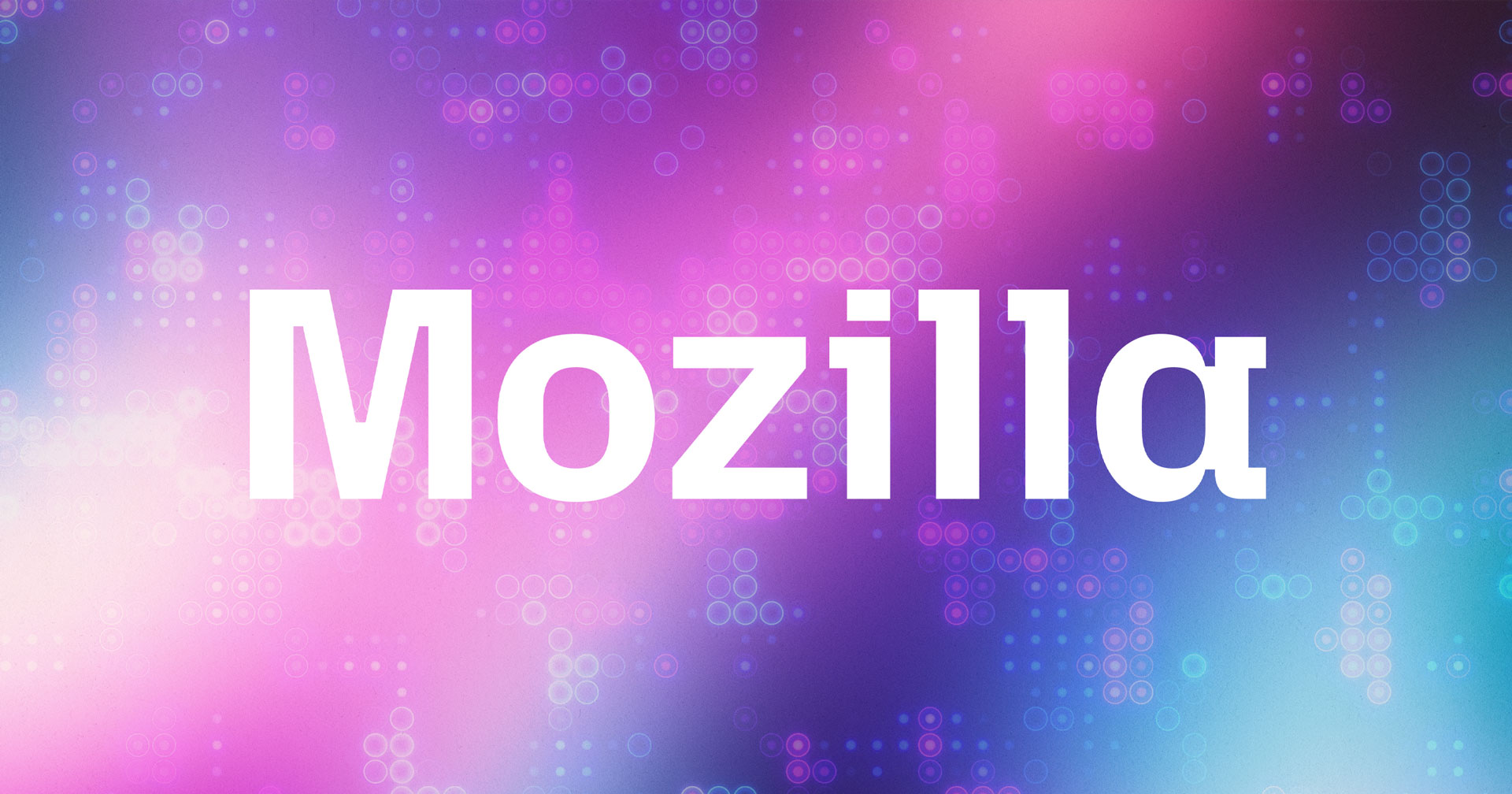
In this week’s roundup, major developments from the open-source community and broader tech world are making headlines. From the decisive steps toward integrating Rust in the Linux kernel to heated debates over Fedora’s Flatpak strategy, and from new features in the GNOME 48 beta to exciting updates from System76, Mozilla, and Valve—the landscape of technology is evolving rapidly. Read on for a detailed look at the latest advancements and what they mean for users and developers alike.
Rust Integration in the Linux Kernel: A Clear Path Forward
Recent discussions have brought clarity to the role of Rust within the Linux kernel. Leading figures in the community have outlined a straightforward approach for maintainers:
- Two Options for Maintainers:
- Active Management: Maintainers can oversee how Rust is implemented within the subsystems they manage.
- Hands-Off Approach: Alternatively, they may choose not to engage directly, allowing Rust code to access their maintained areas without interference.
This decision reinforces the idea that while maintainers are not required to learn or manage Rust, they cannot block its integration when it interacts with the existing C-based code. The benefits are clear:
- Enhanced Code Safety: Rust’s design helps prevent common vulnerabilities by providing safer API constructs.
- Reduced Security Risks: Developers can build applications that avoid basic security errors, making the kernel more robust overall.
This balanced approach paves the way for a more secure and efficient Linux kernel while preserving the flexibility that developers need.
Fedora’s Flatpak Debate: Clarifications on Flathub Standards
Recent controversies have emerged surrounding Fedora’s handling of Flatpak packages and its portrayal of Flathub’s processes. Key points include:
- Strict Submission Requirements:
Flathub enforces a comprehensive review process. Developers must adhere to detailed guidelines, and only packages that meet these standards are approved.- More than 100 submissions are currently awaiting revisions, underscoring the rigor of the review process.
- Quality Assurance:
The requirements ensure that applications are built with proper security practices. Despite claims to the contrary, Flathub’s process is designed to maintain high-quality, secure application packaging.
This debate highlights the importance of transparent and robust procedures in the open-source ecosystem, ensuring that quality is never compromised.
GNOME 48 Beta: Boosting Performance and User Experience
The release of the GNOME 48 beta marks a significant milestone for desktop environments, offering several enhancements designed to improve usability and performance:
-
Triple Buffering for Smoother Graphics:
This long-awaited patch enhances responsiveness, particularly on systems with integrated GPUs. -
Enhanced Accessibility and Productivity Features:
- Screen Time Limits: Notifications and usage tracking help users manage their time effectively.
- Updated Image Viewer: New editing capabilities such as cropping and rotating images streamline everyday tasks.
- Improved Remote Desktop Performance: Accelerated by VA API, remote desktop experiences are now more efficient.
-
User Interface Updates:
Additional tweaks in the media player, calendar, and file manager (including features like file path completion and middle-mouse button copy-paste) collectively contribute to a refined user experience.
These updates underline GNOME’s commitment to delivering a more intuitive and efficient desktop environment.
System76 Cosmic Desktop Alpha 6: A Glimpse Into Future Innovations
System76 continues to innovate with the release of Cosmic Desktop Alpha 6. Notable enhancements include:
-
New Accessibility Settings:
Easily toggle features such as screen readers, magnifiers, and desktop zoom via an accessible icon in the system tray. -
Customizable Desktop View:
Users can now control desktop icon display, adjust grid spacing, and modify icon sizes for a tailored experience. -
Enhanced Scaling Options:
In addition to standard scaling percentages (100%, 125%, 150%, and 200%), users can apply incremental adjustments for finer control.
While some aspects of the user interface may require further refinement, these updates indicate promising progress toward a more flexible and user-friendly desktop experience.
Mozilla’s Leadership Changes and Gaming Community Innovations
Mozilla’s Strategic Restructuring
Mozilla has recently announced a leadership restructuring aimed at strengthening Firefox and exploring new revenue avenues. Key details include:
-
New Leadership Council:
The council comprises executives from various Mozilla-affiliated organizations, marking a shift from previous management structures. -
Focused Growth Strategy:
While Firefox remains at the core, Mozilla is looking to diversify its revenue through initiatives like open-source AI and enhanced online fundraising campaigns.
These changes reflect an ongoing commitment to innovation, even as the organization faces the perennial challenge of balancing mission and financial sustainability.
Valve Releases Team Fortress 2 Source Code
In a move that echoes past open-source milestones, Valve has released the complete source code for Team Fortress 2, including both client and server components. This decision is expected to:
-
Stimulate Community Innovation:
By allowing developers to build mods or even create new games based on the Team Fortress 2 framework, the open-source community is poised to drive creative improvements and address long-standing issues. -
Ensure Continued Game Support:
Despite its open-source release, Valve has committed to maintaining the game, ensuring that it remains a vibrant part of the gaming landscape.
This release promises to reignite community engagement and foster a new wave of creative development in the gaming sector.
Final Thoughts
This week’s updates highlight a period of dynamic change in the open-source and tech communities. From decisive shifts in Linux kernel development and GNOME desktop improvements to clarifications in Fedora’s app management, strategic changes at Mozilla, and innovative moves in gaming, each development plays a role in shaping the future of technology.
In case you have found a mistake in the text, please send a message to the author by selecting the mistake and pressing Ctrl-Enter.
https://techplanet.today/storage/posts/2025/02/23/CSf2nhQMlCscrBP79dUw0gwjRiWzebdjZUGL1XsC.jpg
2025-02-23 02:29:47